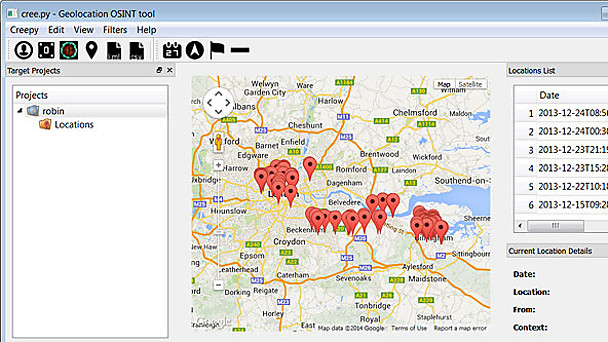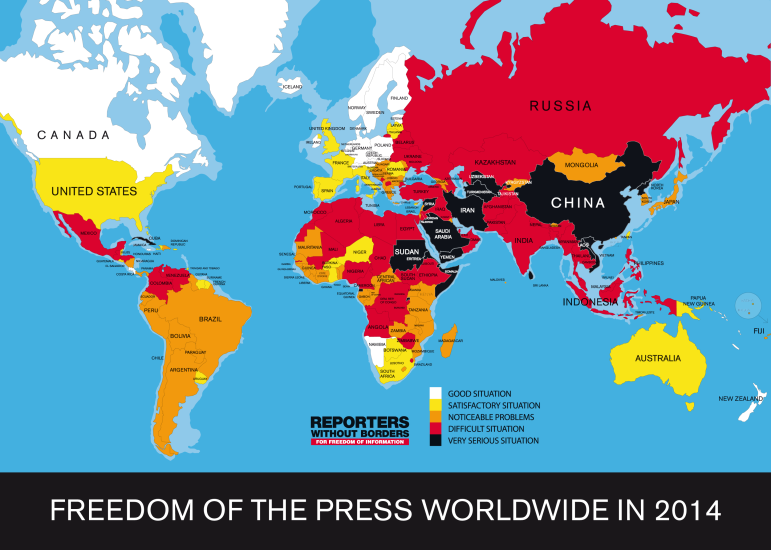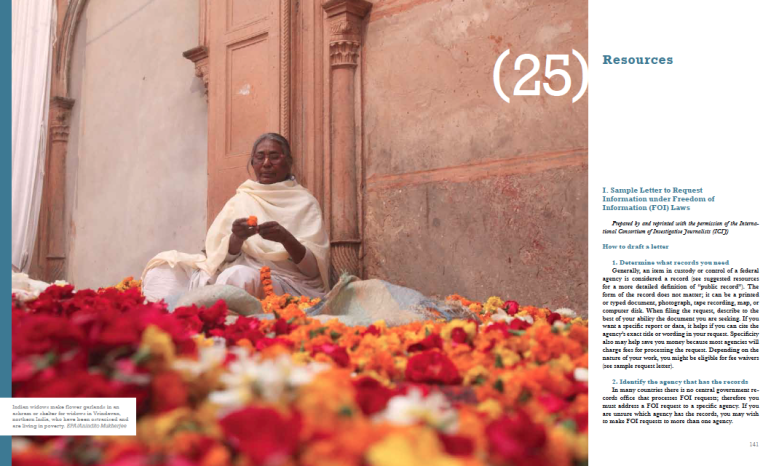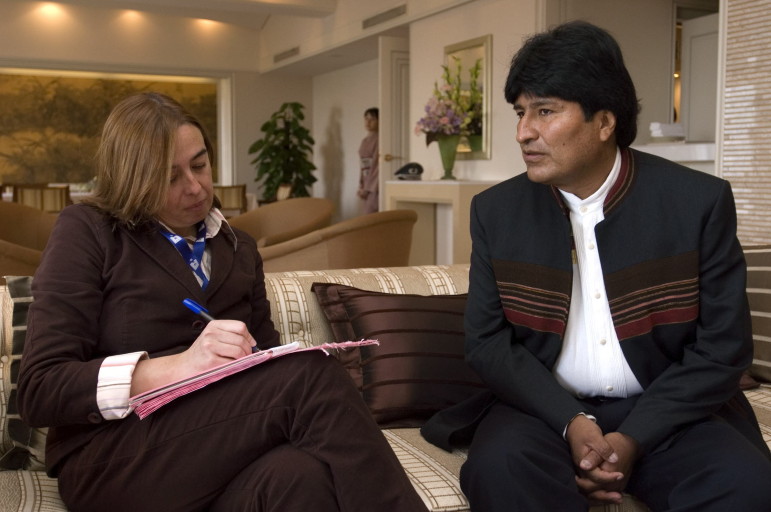Resource
Investigative Apps: Useful Tools, if Rough on the Edges
There are a lot of websites out there that can help you find hidden information. But there are also software applications and browser plug-ins that can be of use to investigative journalists. Created by up-and-coming developers and enthusiasts on a budget, many of these programmes are rather unsophisticated, so don’t expect slick interfaces and 24-hour help desks. That said, if you can get past the jargon and rough-and-ready feel, you’ll find nifty little apps that can help you discover nuggets of information which would be unavailable through conventional means.









